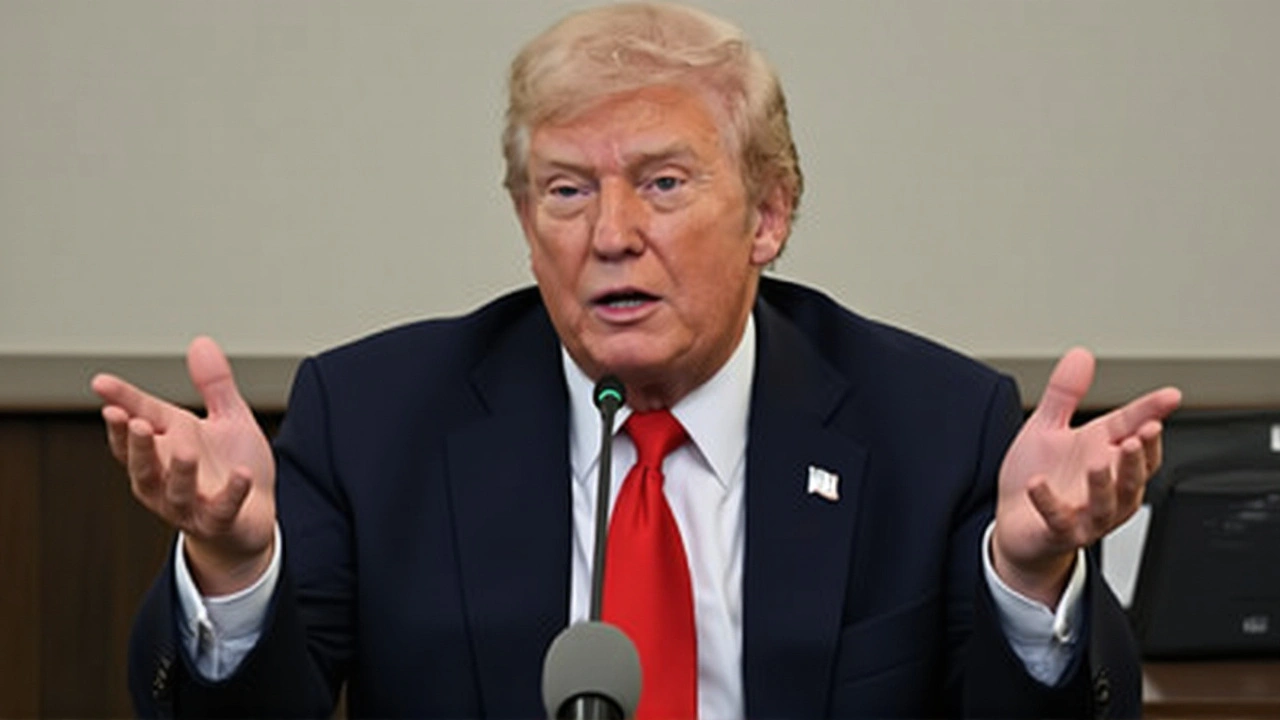Nobel Peace Prize
When you hear Nobel Peace Prize you probably picture a golden medal, a big ceremony in Oslo and a handful of names that change history. Nobel Peace Prize, the annual award given by the Nobel Committee to individuals or groups who have made outstanding contributions to peace, conflict resolution, or humanitarian work. Also known as Peace Prize, it sits at the crossroads of politics, activism and global diplomacy. The prize isn’t just a trophy; it’s a signal that the world values the work of those who manage to turn war‑torn regions into places of dialogue, and it often acts as a catalyst for broader change.
What Makes a Laureate Worthy?
Behind every Nobel Peace Prize story there are three core ideas that keep popping up. First, peace negotiations, structured talks between conflicting parties aimed at ending hostilities and building lasting agreements are the battlefield where laureates prove their mettle. Whether it’s a secret back‑channel in Africa or a public summit at the United Nations, successful negotiations show that dialogue can beat the sword. Second, human rights advocacy, the defense and promotion of fundamental freedoms and protections for all people fuels the moral authority of any peace effort. When activists protect civilians, press for fair trials, or champion women’s rights, they lay the groundwork for sustainable peace. Finally, the endorsement of major institutions like the United Nations, the global body that coordinates international peacekeeping, development and humanitarian actions gives laureates a platform to scale their impact, while regional bodies such as the African Union, the continental organization that promotes peace, security and integration across Africa turn global attention into concrete regional projects. In short, the prize recognizes people who can negotiate, protect rights, and rally big institutions around a common goal.
All that matters for you as a reader is that the collection below pulls together stories that illustrate these ideas in action. You’ll see African leaders whose negotiations stopped bloodshed, human‑rights defenders who turned oppression into policy change, and UN‑backed missions that reshaped entire regions. By connecting the dots between the medal, the negotiations, the advocacy and the institutions, these pieces give you a real sense of why the Nobel Peace Prize still matters in 2025 and beyond. Let’s jump into the articles and discover how each winner or nominee has helped shape a more peaceful world.
Opposition leader Maria Corina Machado awarded 2025 Nobel Peace Prize
Maria Corina Machado, Venezuela's hidden opposition leader, wins the 2025 Nobel Peace Prize, sparking hope and international pressure on Maduro's regime.
